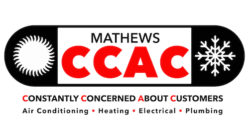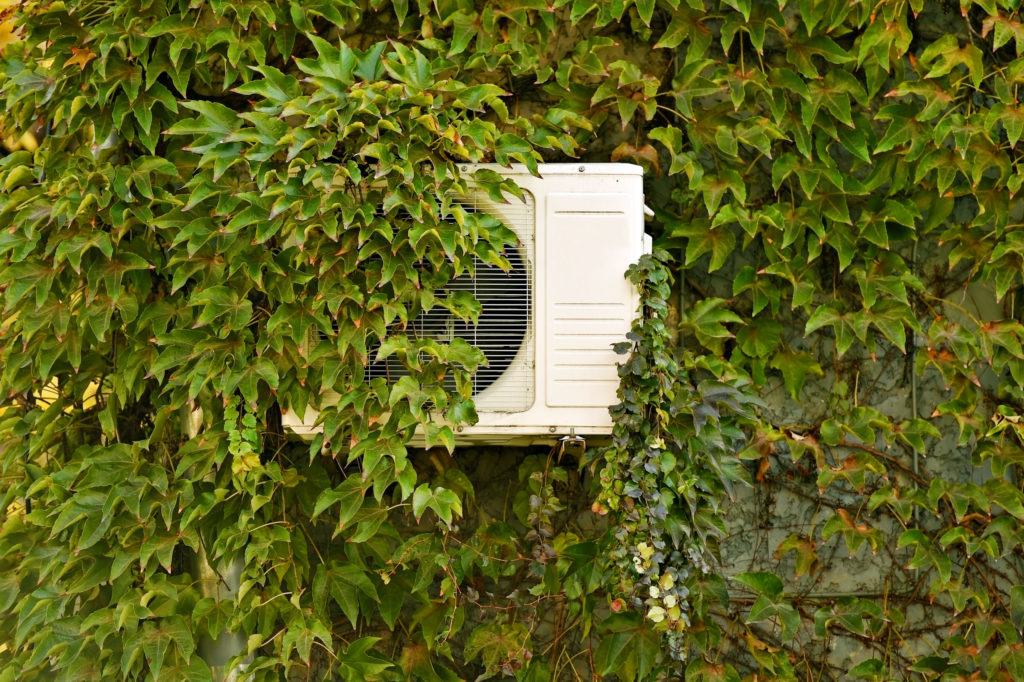Your HVAC system is going to become vulnerable to external HVAC threats at some point. It could be a felled tree limb from wind-driven storms or some other disaster. There are some external threats that you may notice which will need the help of your HVAC contractor. Here are a few:
An Odor of Rotten Eggs
The telltale sign of a gas leak from a gas-burning furnace is the odor of rotten eggs. There could be a problem with the exhaust, the gas chamber, or the heat exchanger. Regardless of where and what the problem is, it is a very dangerous situation, and you should contact your HVAC tech right away.
Burning Odor
HVAC equipment generally emits a burning odor within the first day that it is turned on at the beginning of the season. This is normal. The odor could be from applied oil for smooth operation or it could be from the coil burning off debris.
Musty Odors
Musty and earthy odors are an indication of mold and mildew buildup. These external HVAC threats should be eradicated since mold can be harmful to your respiratory system. The growth of mold and mildew is likely somewhere on the evaporator coil or inside the air ducts.
If the mold growth is on the evaporator coil and/or fins, your technician can easily solve the problem with a thorough cleaning and treatment to prevent the return of mold and mildew. If mold is inside the ductwork, you will need an air duct cleaning.
Standing Water
Two more external HVAC threats are standing water inside the indoor evaporator drain and around the outdoor HVAC unit. Standing water inside the drain means there is a clog somewhere in the drainpipe. You should contact your HVAC technician.
The HVAC unit outside your home could be susceptible to standing water in the event of heavy rain, a broken gutter, or poor drainage in the area. You should not let water accumulate around the unit so that it pools inside.
If you need help getting rid of external HVAC threats in your South Texas home, contact CCAC.













